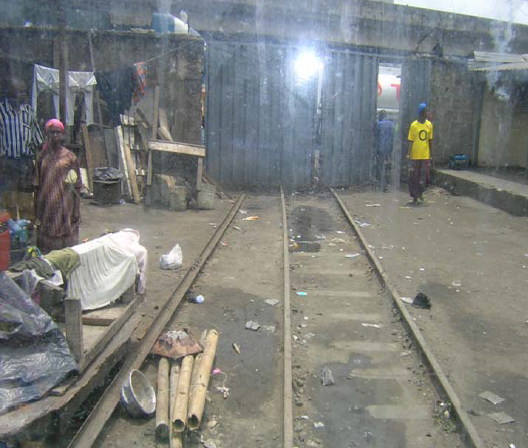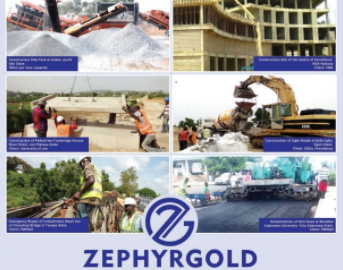Lagos and Port Harcourt are the only major ports in the world with no direct rail link. I am now happy that Nigeria is planning to spend tens of billions of dollars on its rail network in coming years; with $5bn worth of projects flagged off this year alone. The aim is to cut the cost of transporting goods around the country, boost property values outside of Lagos, and make travelling around the country safer. Though, there is urgent need to utilize the railway system to develop the economy. I assume that we are in the right direction. This is only possible if the private sector is encouraged to play a major role by attracting additional investment and assist to improve efficiency and management. It is recommended that the rail system be privately operated by the private sector. Ivory Coast, Senegal/Mali, Togo, Cameroon, Malawi, Mozambique, Zambia, Madagascar, Zimbabwe, Kenya, and Uganda railway system are privately operated African railways. Concession is the way forward. There are over 18 rail concessions in Africa since 1995 and only few have been affected by war and other natural disasters.
Ghana, in 2007 had a 35 Year concession awarded for the construction of a new 800km railway and rehabilitation of 400km of existing line for $1.6 billion; the first phase of the project the rehabilitation of 400km rail line is scheduled to be completed in 18 months (compare this to Nigeria rail fee, “An investigation has shown that the average cost per kilometer (km) of the newly contracted Kano-Maradi rail line exceeds similar projects under the programme for Infrastructure Development in Africa (PIDA), as estimated by the African Union (AU) by, at least, 100 per cent.”)
Cameroon likewise awarded Camarailwas a 20-year concession to operate, maintain and improve railway infrastructure. The company is responsible for infrastructure investment and to undertake a $92 million investment over a five-year period,58% funded by World Bank and French and German development agencies. Madagascar, Ivory Coast, Burkina Faso, and Mozambique all have Substantial rehabilitation programme and various concession awarded to the private sector. Concessionaires in most cases are responsible for the rehabilitation programme of both track and rolling stock.
The Federal Ministry of Transportation should consider granting concessions for the remaining national lines with private sector fully responsible. This will ensure effective reform and privatisation of the transportation sector that will stimulate economic growth and development; will enable Nigeria to increase its international competitiveness; enable participation that will generate much needed investments and modernization; many more jobs will be created; the infrastructure privatisation will lead to a brighter future for all Nigerians.




